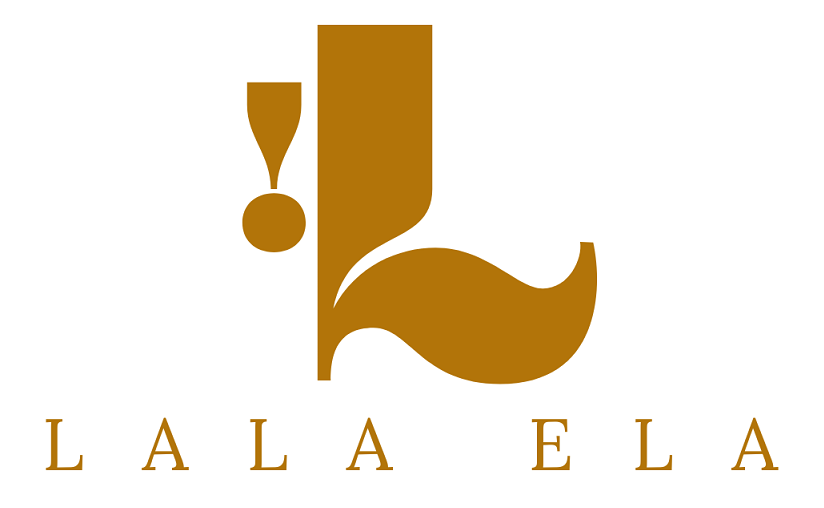Technology has become an integral part of our lives. We use it for work, school, entertainment, and daily communication. However, the persuasive presence of technology in our lives can also lead to inevitable consequences. The constant screen time and information overload can take an enormous toll on our well-being. To address this issue, it is a necessity for everyone living in this digital age to embrace the concept of digital detox.

ALSO READ: The Role Of Hobbies And Leisure Activities In Reducing Stress.
What is a digital detox?
A digital detox is a period when we intentionally disconnect from technology. It is a way of taking a break from our devices and reconnecting with the real world. A digital detox can benefit people struggling with technology addiction or feeling overwhelmed by the time spent online. It can be done for a short period, such as a weekend, or a long period, such as a whole week or more.
Understanding the need for a digital detox is crucial in today’s technology-driven world. Excessive screen time can affect our well-being and relationships with loved ones. It can lead to eye strain, sleep disturbances, and a sedentary lifestyle — we also lose touch with the beautiful gift of nature. Technology's addictive nature hooks us in, making it hard to disconnect and causing us to constantly seek digital stimulation. A digital detox helps break this cycle by providing a dedicated time to step away from our devices and regain control.

The benefits of digital detox.
1. Improved sleep pattern: Digital detox is an excellent way to promote sleep. By disconnecting from our screens and unplugging from the constant bombardment of notifications, we allow our minds to unwind and find tranquility. Our natural sleep-wake cycle can regain its balance with reduced exposure to the stimulating blue light emitted by electronic devices. Instead of being online, we can savor the serene moment before bedtime. Indulge in relaxing activities like reading a book or taking a warm bath. This will not only make us wake on the bright side of the bed, but it will also keep us rejuvenated throughout the day.
2. Stress management: When we detach ourselves from the constant demands of technology, we create space for relaxation and inner calm. Without the incessant buzzing of notifications, our minds can finally unwind and find peace. By disconnecting from the screens, we break free from the cycle of constant multitasking and information overload that often leads to heightened stress levels. This will give us time to also focus on other tasks that are very good for stress management.
3. Increased productivity: Increased productivity is yet another benefit of digital detox. When we disconnect from technology and break free from the distraction of constant notifications and online chatter, we reclaim our focus and attention. This enables us to direct our energy toward meaningful tasks and projects. We dive deeper into our work, fostering a state of flow where productivity thrives. By creating boundaries and setting designated time blocks for digital engagement, we can establish a more disciplined and structured approach to our work. As a result, we experience heightened efficiency, improved time management, and a greater sense of accomplishment.

4. Creation of better relationships: Digital detox gives us the chance to spend quality time with our loved ones. Instead of being absorbed in virtual conversations and social media scrolling, we can invest our undivided attention in meaningful interactions. We can have heart-to-heart conversations, share laughter, and create lasting memories. Digital detox provides the space to strengthen bonds and foster deep connections and understanding. Whether it's a cozy dinner together, an outdoor adventure, or simply enjoying each other's company without distractions, we can nurture relationships that are built on genuine connection. This can lead to a stronger support system, enhanced communication, and a deeper sense of belonging.
Ways to unplug from technology.
1. Set designated screen-free times: Establish specific periods during the day when you purposely disconnect from your devices. This can be during meal times, evening hangouts with family and friends, or before bedtime.

2. Engage offline hobbies: Rediscover activities that don’t require screens. This could be reading books, painting, gardening, or playing musical instruments.
3. Practice mindfulness and meditation: Set aside dedicated time for mindfulness practices that allow you to be present at the moment and let go of digital distractions.
4. Connect with nature: Only a few things give pleasure like appreciating the power of nature. Spend time outdoors, go for walks, or engage in activities like hiking or camping to connect with the natural world and detach from technology.
5. Prioritize face-to-face interactions: Arrange meet-ups with friends or family members for coffee, meals, or social outings to foster real-world connections and reduce reliance on virtual communication.

6. Establish tech-free zones: Designate certain areas in your home, like the bedroom or dining area, where electronic devices are not allowed to create technology-free spaces for relaxation and quality time.
7. Try digital detox challenges: Participate in events or challenges that encourage a temporary break from technology.
8. Use productivity apps: Utilize productivity apps like apple-screentime, google Digital wellbeing, freedom to monitor and manage your screen time. These apps provide reminders and insights to encourage healthy technology habits.
Unplugging from technology and embracing a digital detox is a powerful practice that can contribute to a healthier and more balanced lifestyle. By consciously disconnecting from screens and reducing our dependence on digital devices, we can create space for meaningful connections, increased mindfulness, improved mental well-being, and enhanced productivity.
Engaging in a digital detox allows us to break free from the constant distractions and information overload that technology often brings. It provides an opportunity to reconnect with ourselves, nature, and the present moment. By reducing screen time and setting boundaries, we can prioritize activities that nourish our mind, body, and soul.



